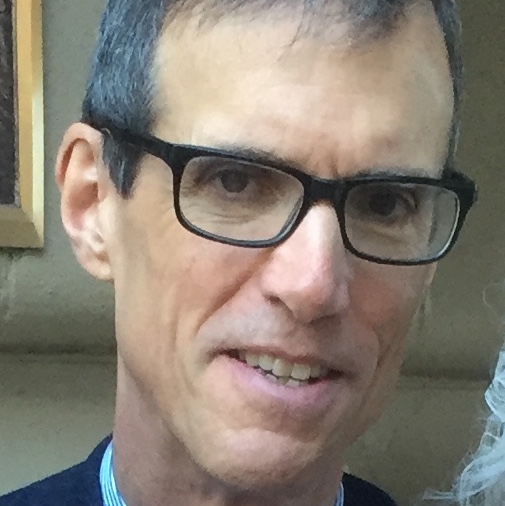
News
Summers Will Not Finish Semester of Teaching as Harvard Investigates Epstein Ties

News
Harvard College Students Report Favoring Divestment from Israel in HUA Survey

News
‘He Should Resign’: Harvard Undergrads Take Hard Line Against Summers Over Epstein Scandal

News
Harvard To Launch New Investigation Into Epstein’s Ties to Summers, Other University Affiliates

News
Harvard Students To Vote on Divestment From Israel in Inaugural HUA Election Survey
It Keeps Changing

Although I am out of college almost 40 years now, I do not feel that I have life all figured out.
That is the first thought I have for you: Expect to keep working, occasionally struggling, to create yourself. In the generation before mine, people made choices in their 20s that determined the entire trajectory of their lives in predictable ways. Not so in my generation. Even less so in your generation. The good news is that you can continue to invent yourself and reinvent yourself for your whole life. The bad news is that you will have to do so and that may be spiritually and economically difficult from time to time.
Here is a second thought: In creating yourself and your future, there is no substitute for experimentation. As I look back, I am struck that each new chapter of my life brought big surprises—I learned things about myself and about the world that I didn't know that I didn't know. I had to live through each chapter before I understood it.
You should seek advice from people who have gone before you down different paths, but don't rely too heavily on them. Even if you aren't completely sure you know what your heart wants or what's right for you, you can be completely sure that no one else knows better. Go with your gut—don't overthink your big choices, because thinking won't make your decisions any better. You have to experiment. Expect to fail from time to time. Value failure as a better teacher than success.
Third thought: You've made it to graduation and now is the time to stop thinking of life as a ladder or of yourself as a climber. There are many apparent ladders in life—academic, social, professional, corporate, political. From time to time, reaching for the next rung is the right thing to do. But when you look back across your work life, you will feel best about the things you actually did—the people you helped, the things and organizations that you built—not the heights you reached. The higher you climb, the harder it is to know whether what you are doing is actually making any positive difference at all to people on the ground.
In his speech to my graduating class, then Harvard President Derek Bok invoked Cavafy's poem, “Ithaca,” about Odysseus and his marvelous Odyssey, his message being: value the journey, don't expect the destination to be the final reward. Same message a different way.
A related thought: Think big, but don't try to do it all at once. The world is just so much bigger than you can ever know. Accept that. Accept that you have only so much time in life, only so much cognitive capacity, only so much emotional capacity. Change the world, but focus on and seek to change the parts of the world that are close enough to see clearly. And don't spread yourself too thin.
I'm not advocating retreat or isolationism. Travel. Help others. Engage on the largest issues if you can. But think of yourself as part of something that is unimaginably bigger than you are. Real change will happen only if a whole lot of other people also choose to do the right thing. Contribute to the mega-issues from wherever you find yourself—don't rush to be at the center. The people at the center depend as much on the people at the edges as vice versa and every voice matters.
To summarize: Expect to change. Don't be afraid to fail. Trust your gut. Enjoy the journey. Don't spread yourself too thin. Make the difference that life gives you the opportunity to make.
Senator William N.
Brownsberger ’78 graduated from Harvard Law School in 1983. He represents the 2nd
Suffolk and Middlesex district in the Massachusetts Senate.
Want to keep up with breaking news? Subscribe to our email newsletter.
